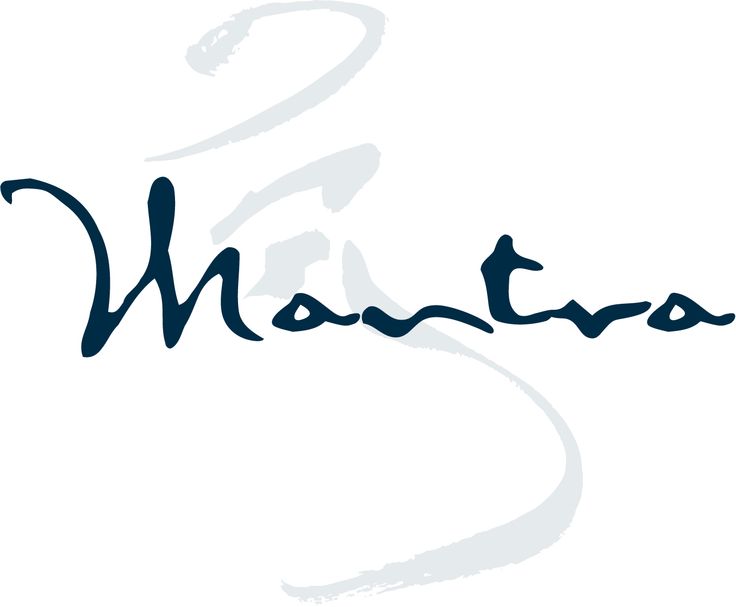
Om Shanti.
Om Namah Shivaya.
Lokah Samasta Sukhino Bhavantu.
Om Mani Padme Hum.
I am love.
May all beings be at peace.
What do all of the above statements have in common? They're mantras and they are one slice of the practice of yoga. This week, I've been sharing my love and use of mantra. Mantra is comprised of two words, "Manas" meaning 'mind' and "Tra" which means 'to transcend'. So when we utilize mantra, one of the reasons we do so is to "transcend the mind." And who doesn't want to leave behind some of our crazy and never-ending cranial chatter? I know I do and this is one of the most powerful practices I have discovered that does just that.
Mantra isn't limited to the practice of yoga, as it's basically an intention that can be thought of, chanted, or spoken. It can be in any language, although there's a strong association with Sanskrit and Pali (the language of the Buddha), but certainly not limited to that. One of the most significant aspects about undertaking the practice and study of mantra, is that we begin to see the pliability of their use as they can be chosen based on what intention and manifestation one is seeking.
It is thought that when we do chant in a language that is not our native tongue (such as the "dead" language of Sanskrit) that we are able to focus more on the sound vibration rather than the specific meaning. It takes us into the senses of the practice and away from over-intellectualizing so we can truly feel the experience.
The use of mantra is one of the supportive practices for calming the mind with many Kirtan artists espousing that once you dive into an evening of chanting, you begin to shift the mind's energy to one of greater calm and focus. In the Sutras of Patanjali, with its 196 aphorisms, the second sutra Yogas Citta Vrtti Nirodha (1.2) can be translated as "Yoga requires the calming of the fluctuations of the mind". In other words, in order for us to be in union with ourselves (which is the meaning of yoga), we need to bring the often wayward mind chatter under control. I think of Vrtti's like hummingbirds bombarding a feeder. They buzz about, diving past each other in quick movements, much like our minds do. So for us to find a sense of harmony, it's vital that we undertake some discipline of mind control...and mantra is one way in which to do so.
I use mantra on a regular basis. When flying, I chant a mantra on both take-off and landing. As both of our Golden Retrievers were transitioning out of their body, I chanted a mantra of transition (not very well, but it felt important to me to connect to them in their finals breaths). When I'm overwhelmed by the jagged daily news, I'll often turn off the radio and listen to a favorite Krishna Das CD instead (the album Kirtan Wallah does the trick).
The most powerful experience I've had with a mantra practice began about seven years ago when I undertook the task of learning the Hanuman Chalisa, a 40-verse prayer, in the Hindi dialect of Awadhi. Each morning I had the words to the Chalisa and would chant along and then sit in meditation until the bell rang. I did this practice for probably two years straight and what I noticed was that upon waking in the morning, instead of my mind launching straight into my to-do list, I had the verses of the Chalisa looping through my mind. It was as though the transition from sleeping to wakeful consciousness was now infused with an intention of service and devotion. It was a way that my practice influenced and established my day from a choice I had made which strengthened over time.
Of course, after my morning practice, my mind would do what a mind does and I'd then launch into my thinking-busy self. The impact was that I had created space for a remembrance of something bigger before all of the habituated thoughts dominated. I also have noticed that if I spend three or fours days at a yoga festival, the same thing happens. I awaken with a mantra in my mind and it feels simply beautiful.
The more we repeat a meaningful mantra, the more it becomes part of who we are. I know that who I want to be is a person who lives intentionally, with purpose and service, from a place of ease and compassion. Mantra is the rock upon which this is built, and for that, I am truly grateful.


No comments:
Post a Comment